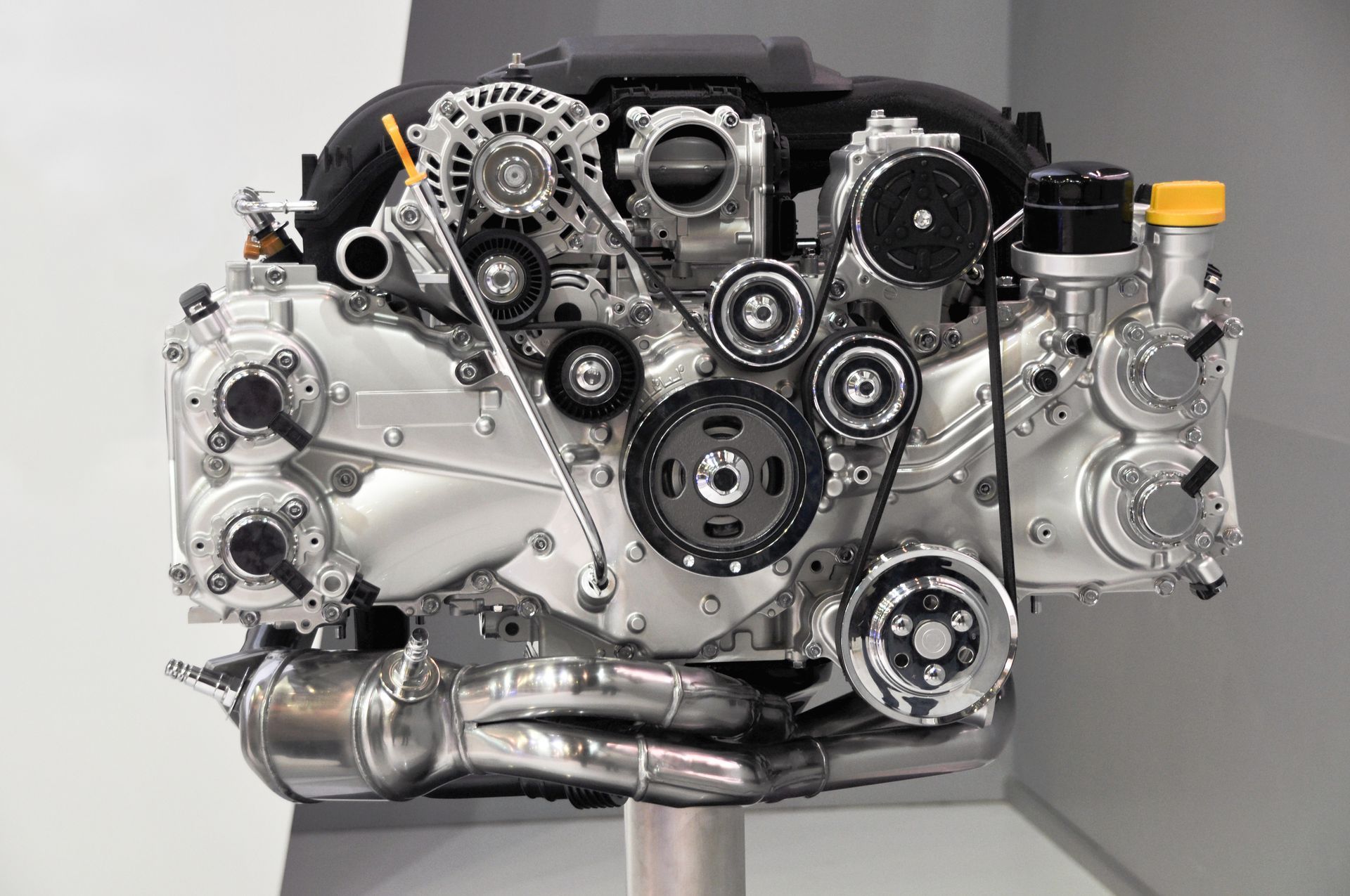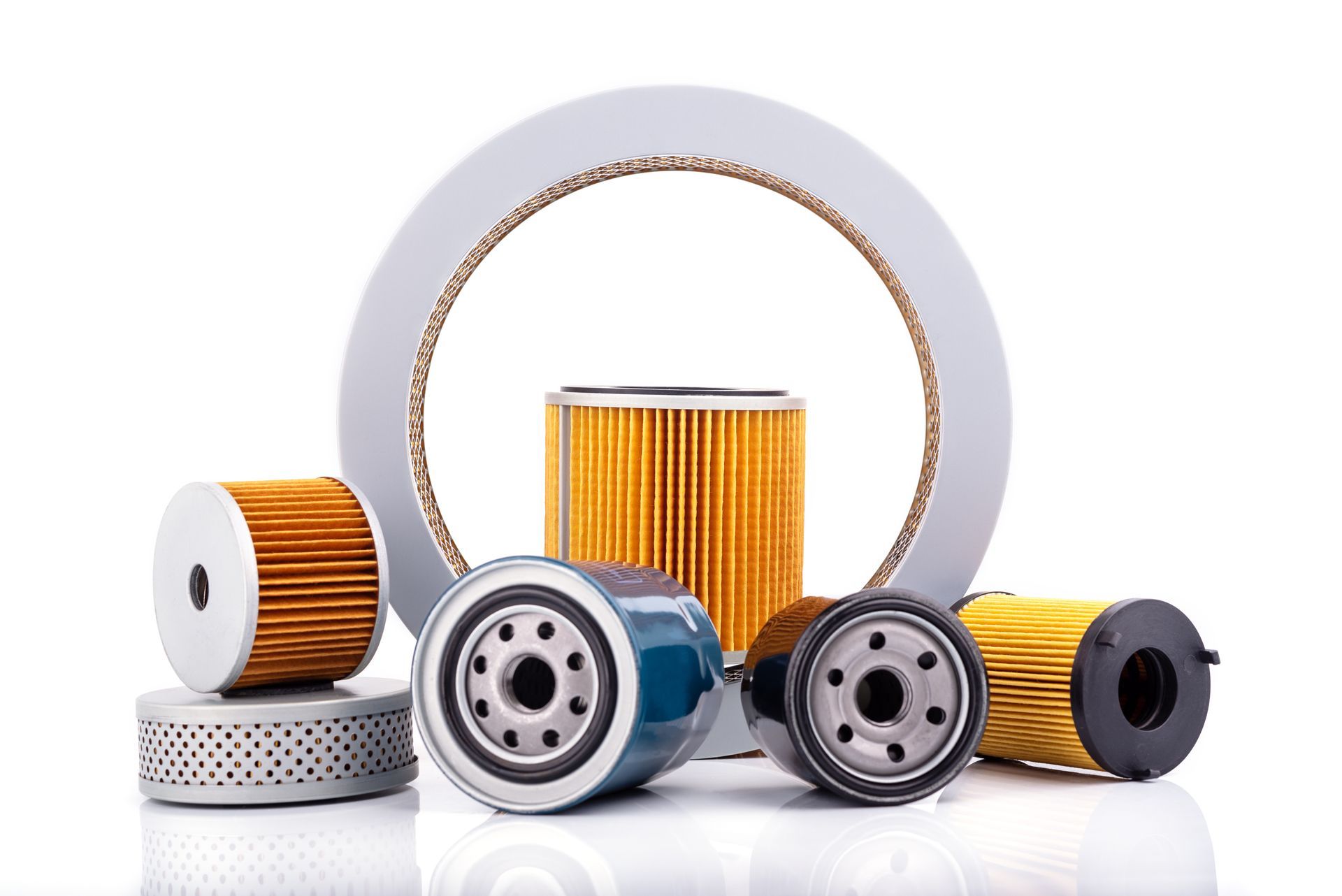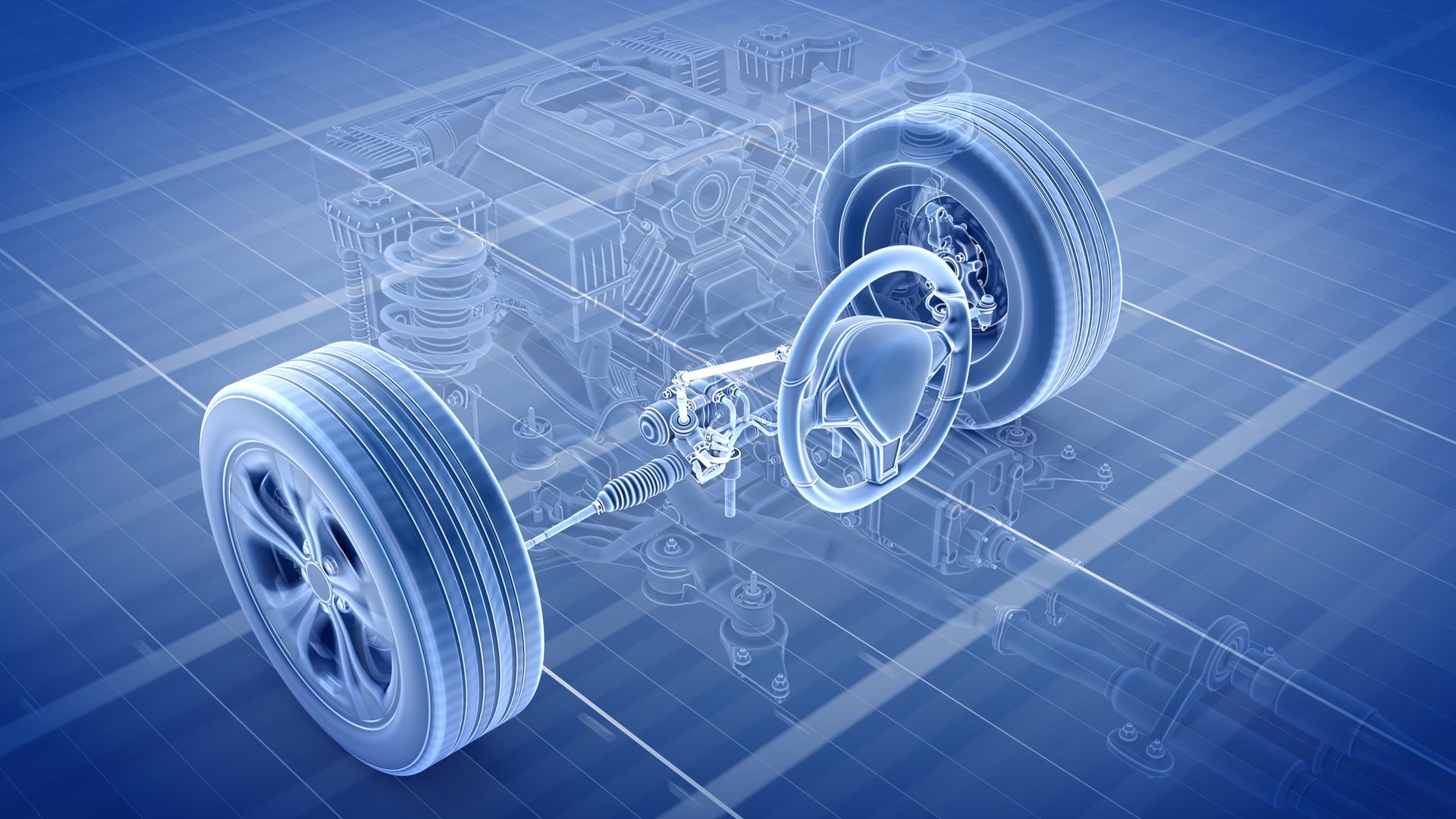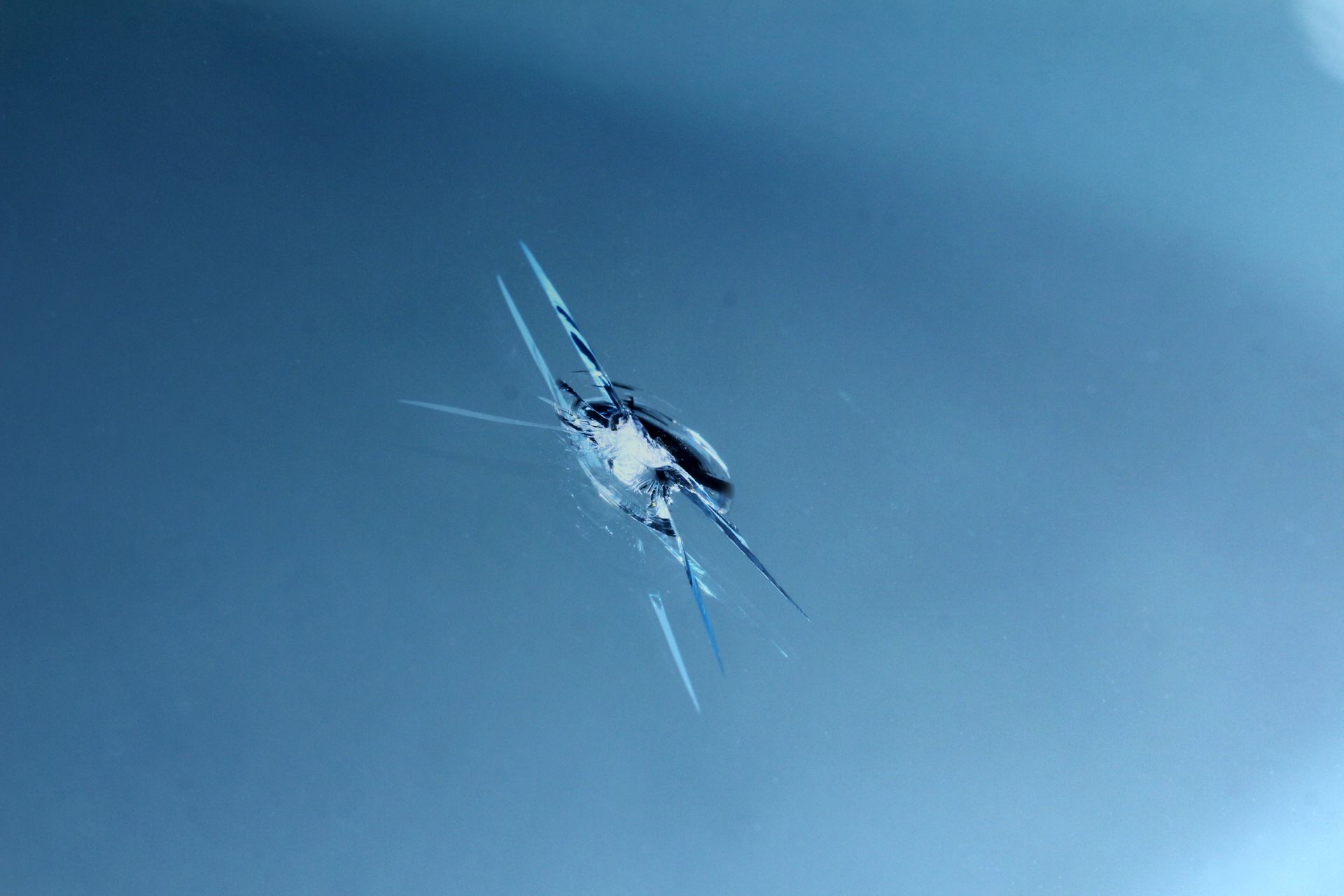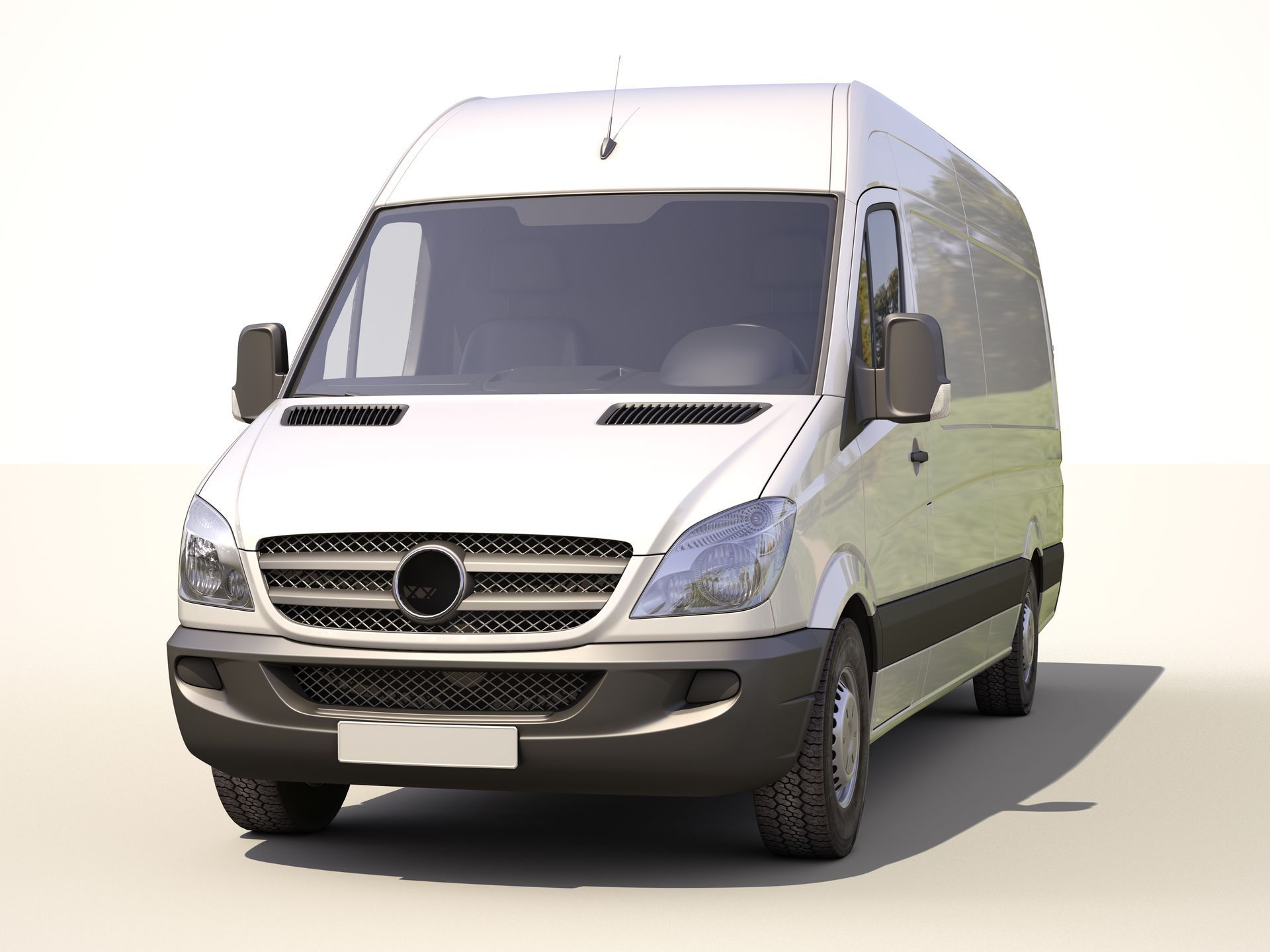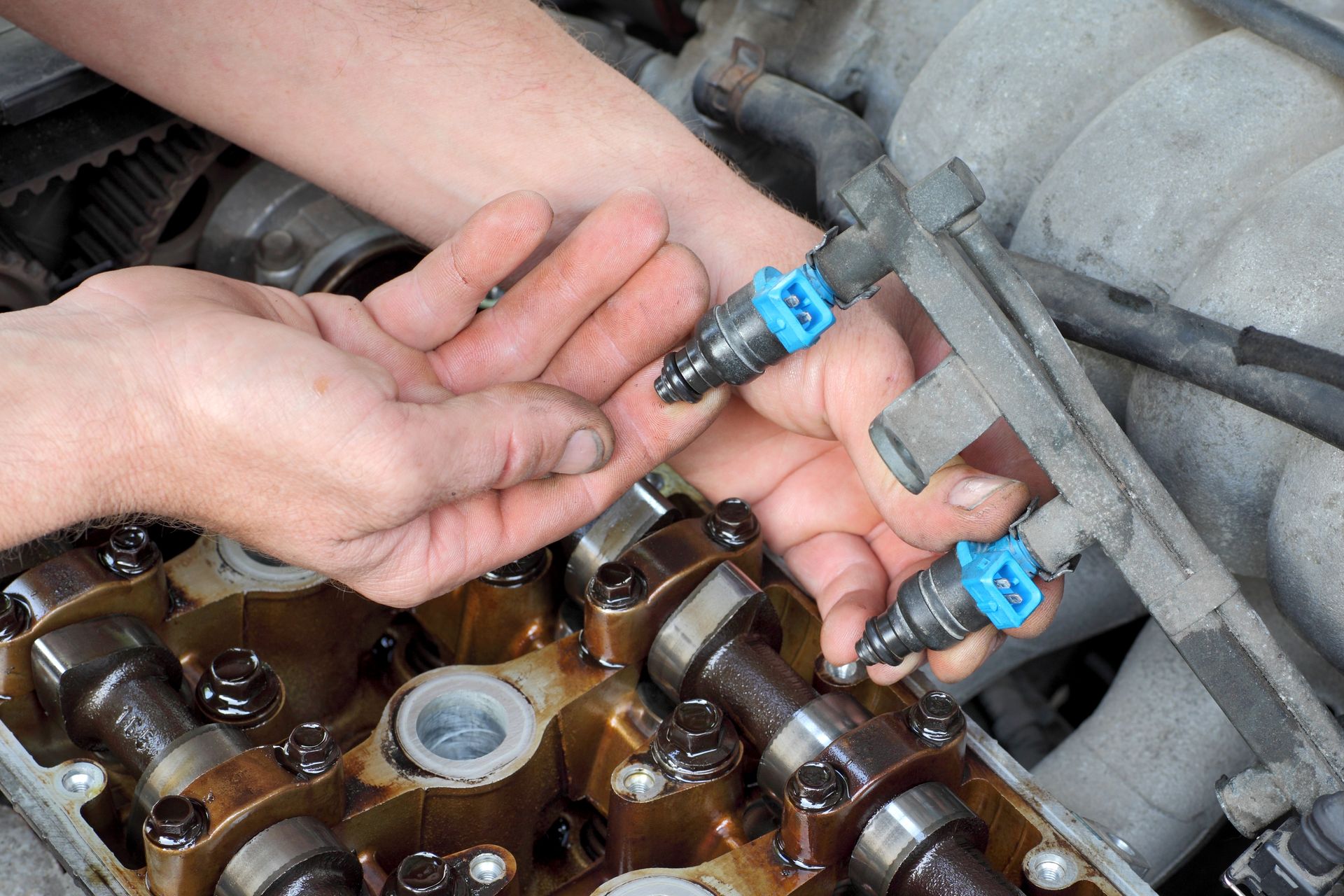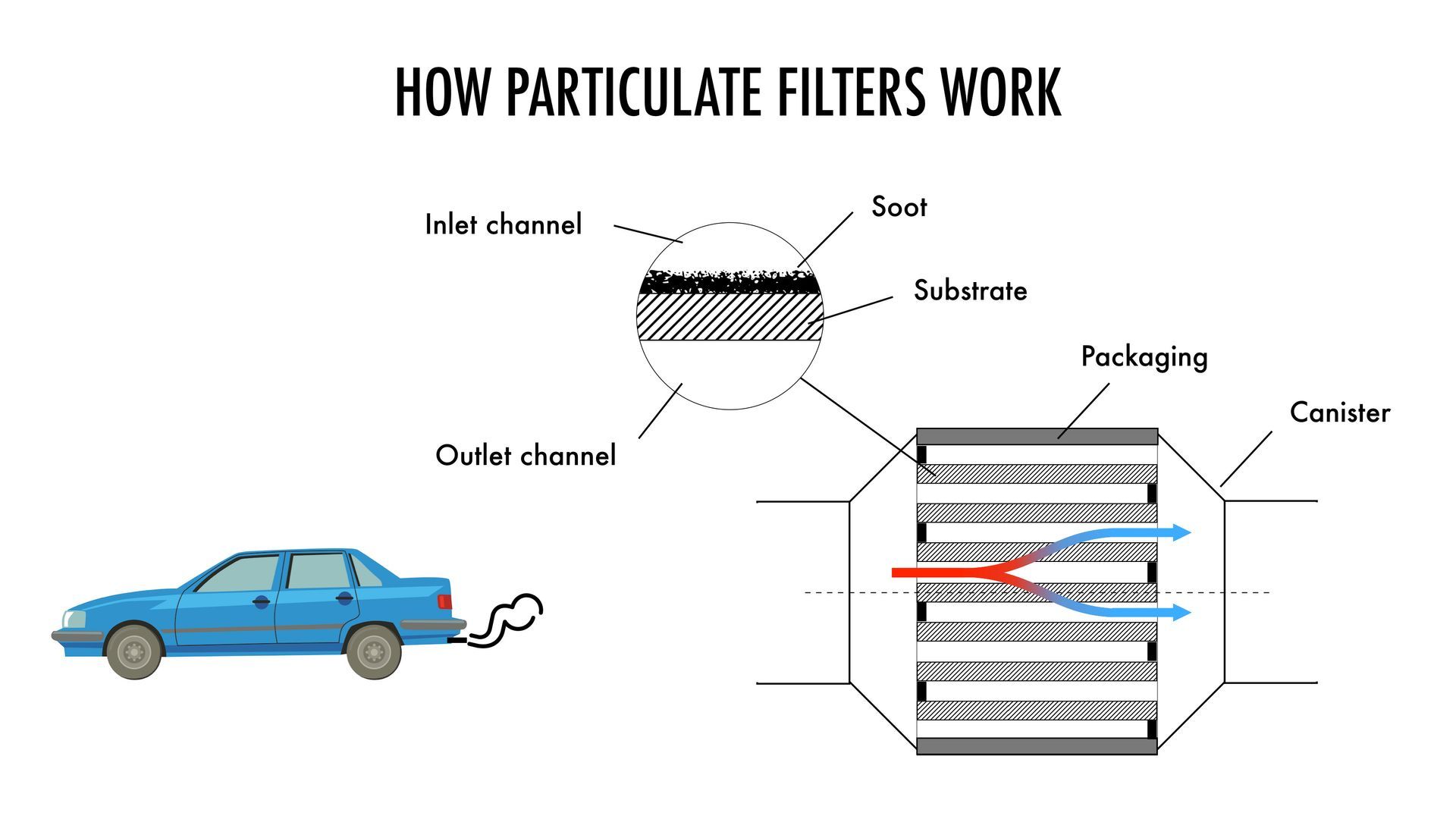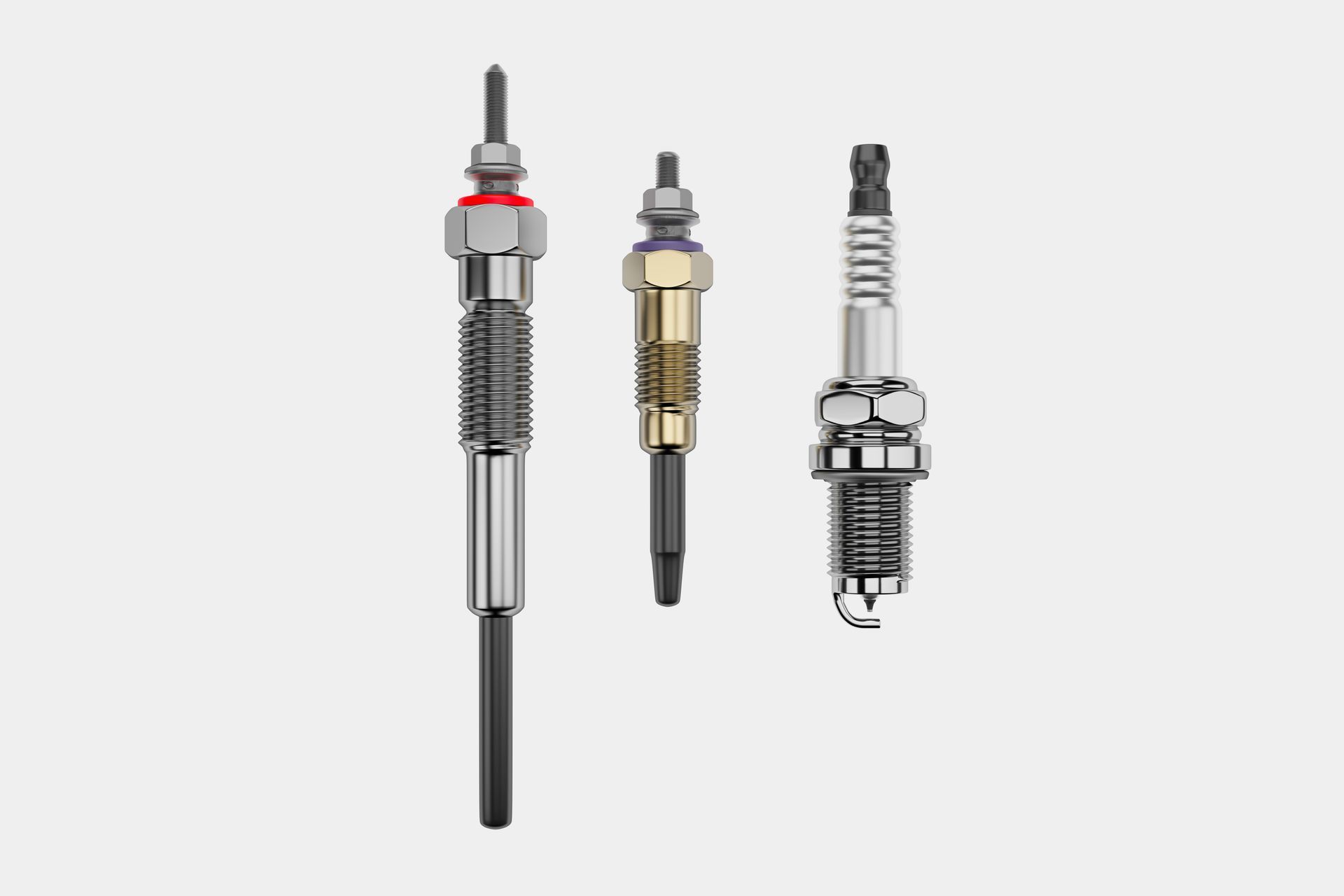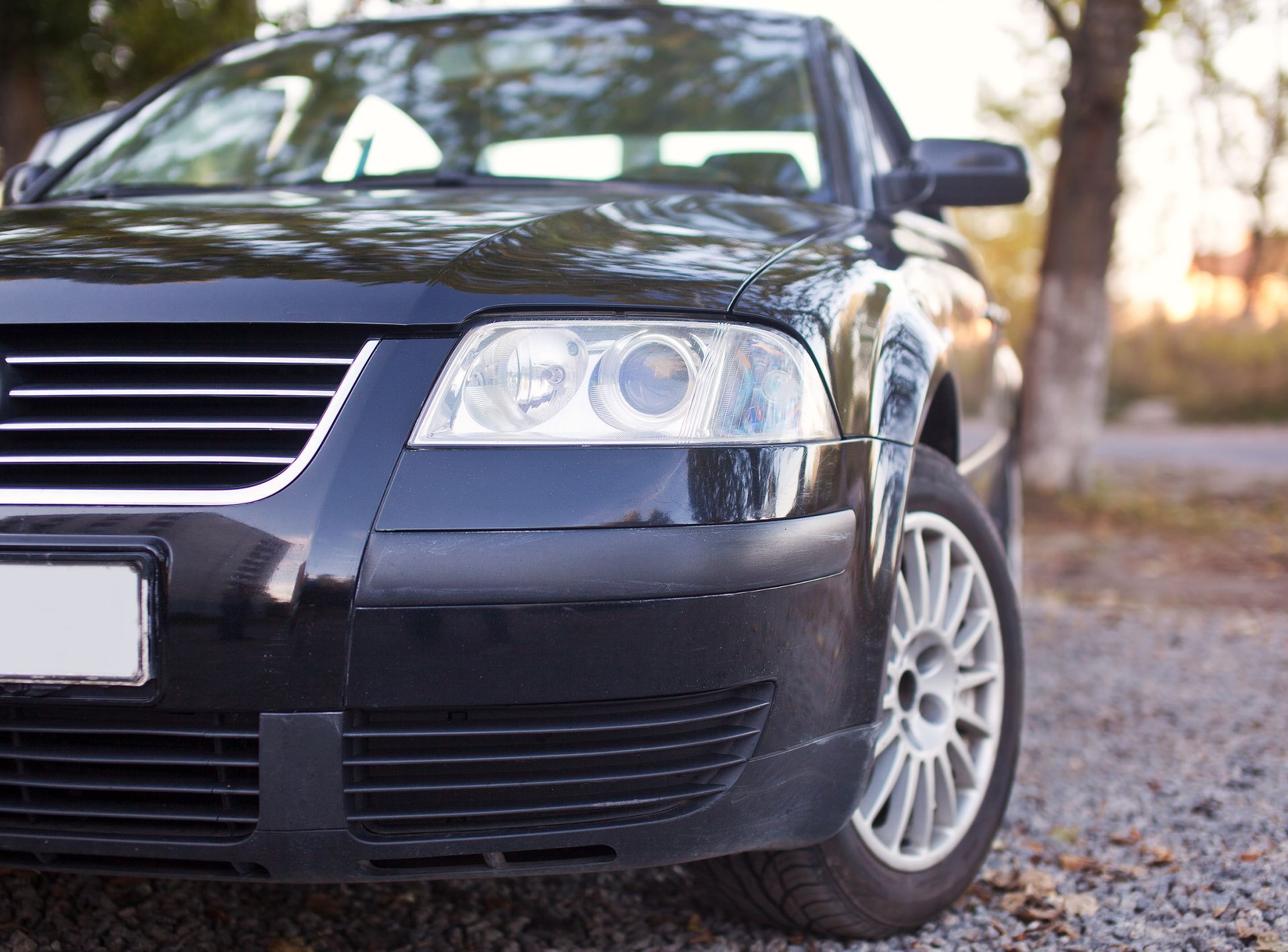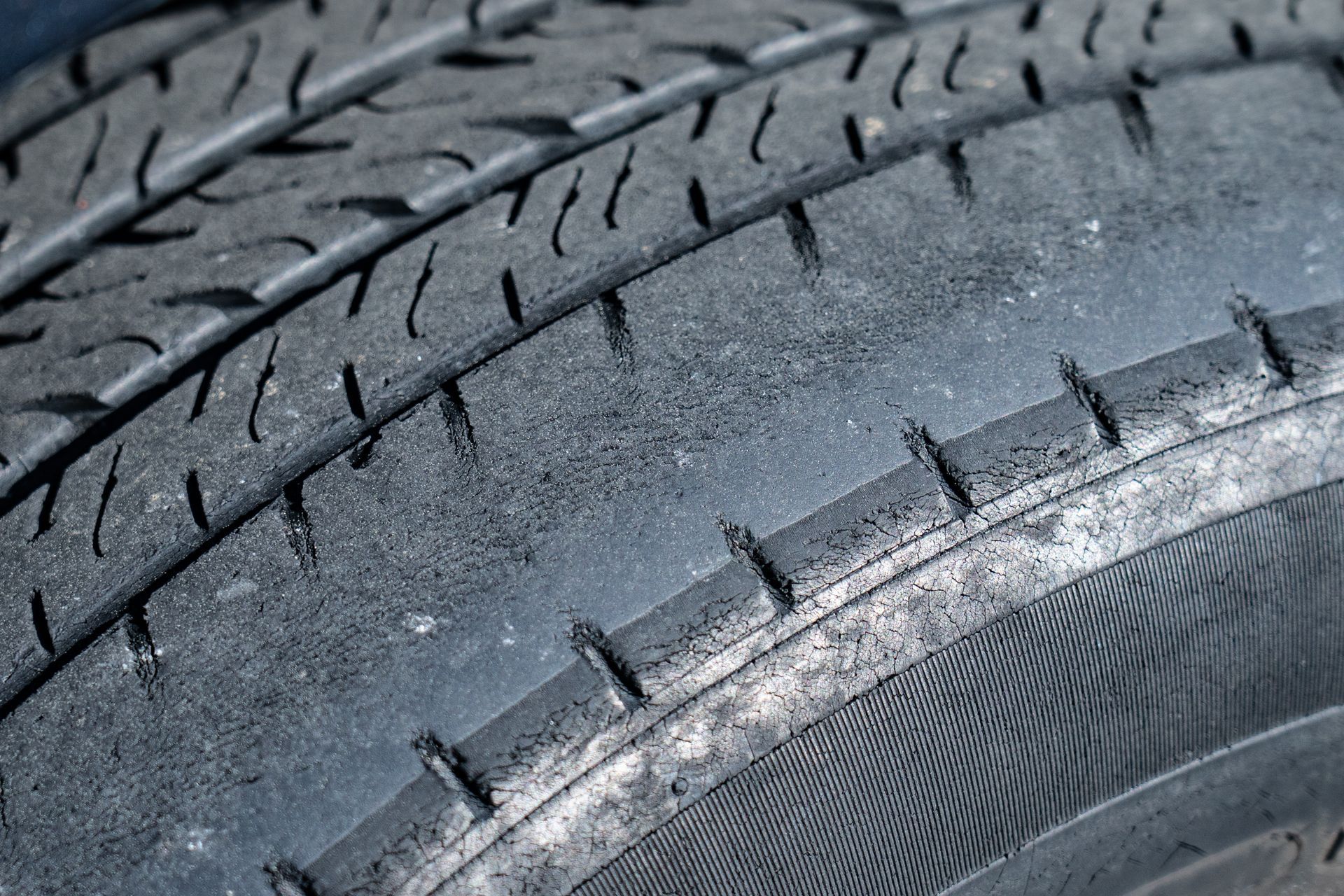Loading ...
Missing business hours data / Error occurred while getting the data.
Loading ...
Missing business hours data / Error occurred while getting the data.
Is That High-Pitched Brake Noise a Sign of a Bigger Problem?
March 28, 2025
Your brakes are critical to your safety, and any unusual noise coming from them shouldn’t be ignored. A high-pitched squeal or screech when you press the brake pedal isn’t just annoying—it’s your car’s way of telling you something might be wrong. In some cases, it’s just moisture or brake dust causing the sound, but in others, it could be a sign of worn-out pads or a more serious issue that affects your stopping power. If your brakes are making noise, are you sure it’s something you can afford to ignore?
Why Do Brakes Make Noises
Brakes work by pressing pads or shoes against rotors or drums to create friction, slowing down the vehicle. Over time, these components wear down, and certain conditions can cause them to make noise.
A high-pitched squeal often comes from brake pad wear indicators—small metal clips that scrape against the rotor when the pads are too thin. This is an intentional warning designed to alert you before the pads wear out completely. If left unchecked, the brakes may begin to grind, which means the pads have worn down entirely, and metal-on-metal contact is occurring—a costly and dangerous situation.
Common Causes of High-Pitched Brake Noise
Worn Brake Pads
Brake pads naturally wear down over time, and when they get too thin, they make a squealing noise to let you know it’s time for replacement. If you ignore this warning, the brake rotors can become damaged, leading to more expensive repairs.
Moisture and Brake Dust
If you hear a high-pitched noise when first driving in the morning, it may just be due to moisture, condensation, or brake dust buildup. As the brakes heat up, the noise should go away. However, if the sound persists, it could indicate something more serious.
Glazed Brake Pads or Rotors
Excessive heat from hard braking—such as riding the brakes downhill or frequent stop-and-go driving—can cause brake pads and rotors to become glazed. When this happens, the surface becomes hardened and loses its ability to grip properly, causing squealing and reduced stopping power.
Loose or Misaligned Brake Components
Brake hardware, such as calipers, shims, or clips, can become loose or misaligned over time. When this happens, parts may vibrate or shift during braking, leading to unusual noises.
Low-Quality Brake Pads
Not all brake pads are created equal. Some cheaper pads contain excessive amounts of metal, which can cause persistent squealing. Investing in high-quality, ceramic, or semi-metallic pads can reduce noise while improving braking performance.
Warped Rotors or Uneven Brake Wear
If the brake rotors are warped or uneven, they can cause the brake pads to wear down inconsistently, leading to vibrations and high-pitched noise when braking. Warped rotors can also make stopping more difficult, reducing overall safety.
When Should You Be Concerned
If the high-pitched noise occurs only in the morning or after rain, it may be temporary and not a cause for concern. However, if the squealing is persistent or followed by other symptoms, it’s time to have your brakes checked.
Signs of a more serious brake issue include:
- A grinding noise, which means the brake pads are completely worn down.
- A soft or spongy brake pedal, indicating potential brake fluid loss or air in the brake lines.
- Vibrations or pulsations when braking, suggesting warped rotors.
- A burning smell after braking, which could mean overheating brakes.
- A dashboard brake warning light, signaling a problem in the braking system.
Ignoring these warning signs could result in longer stopping distances, brake failure, or expensive damage to your vehicle’s braking system.
Let Us Fix Your Brakes
If your brakes make any unusual noise, don’t take chances with your safety. Our professionals at ICDI Diesel Repair in Spokane, WA, can inspect your braking system, replace worn components, and ensure your vehicle stops as it should. Whether it’s brake pad replacement, rotor resurfacing, or a full brake system repair, we have the expertise to get you back on the road safely.
Hearing a high-pitched brake squeal? Our professionals at
ICDI Diesel Repair in Spokane, WA, can diagnose and fix the problem before it leads to costly repairs. Call us today to schedule a brake inspection!
Reach Us:
Loading ...
Missing business hours data / Error occurred while getting the data.
Quick Links:
Loading ...
Missing nap lines data / Error occured while getting the data.

